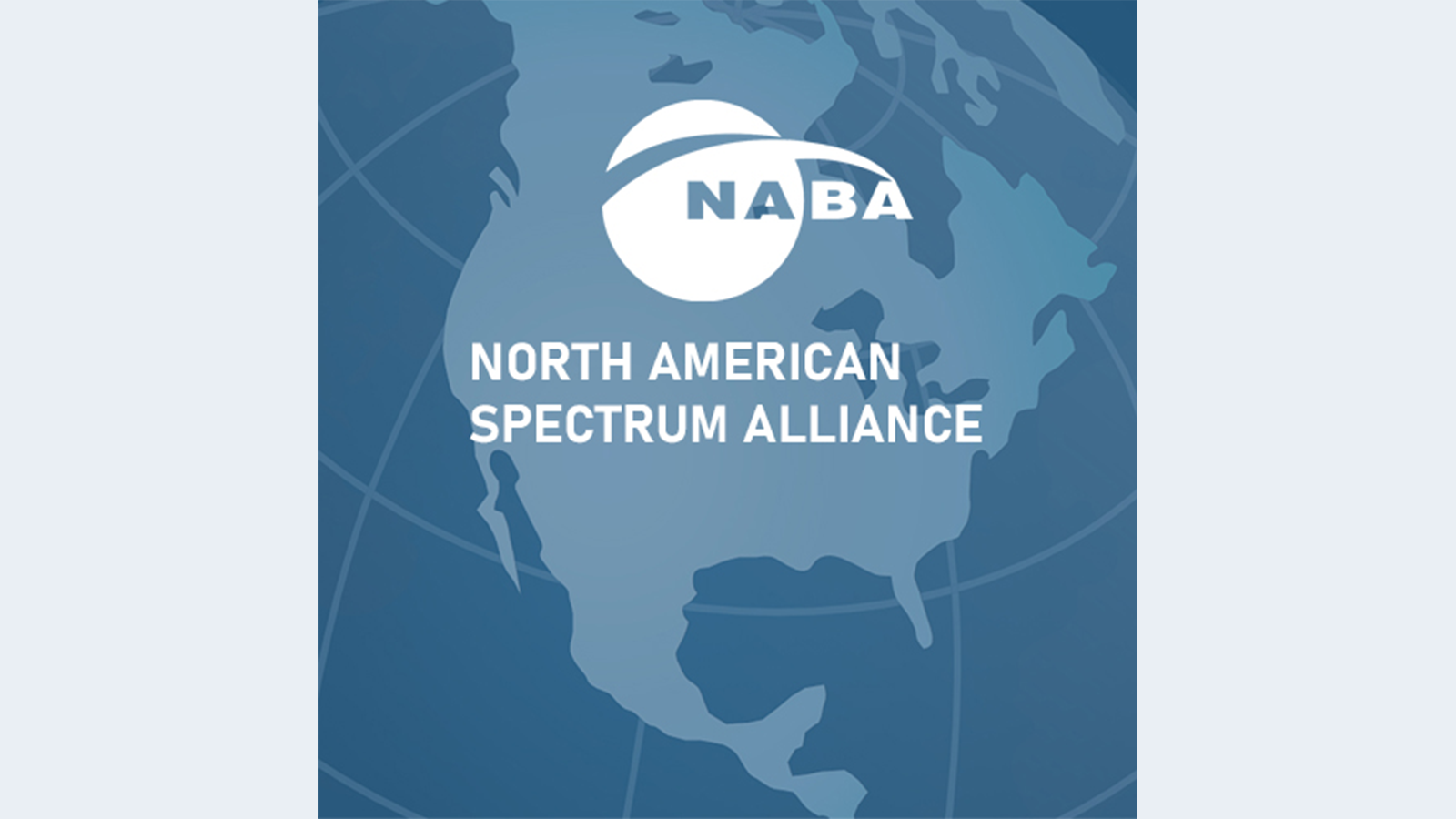Satellite Update – April 15, 2011
These actions are from FCC Report SAT-00770.
- •The FCC's International Bureau Satellite Division granted EchoStar Corporation special temporary authority (STA) to conduct telemetry, tracking and control (TT&C) in the 12.2-12.7 GHz (space-to-Earth) and 17.3-17.8 GHz (Earth-to-space) frequency bands necessary to maintain EchoStar 3 as an in-orbit spare at 61.45 degrees west longitude (WL) for 180 days. EchoStar also received STA for 60 days to continue to operate EchoStar 6 at 76.95 degrees WL on DBS channels 1-32 using 17.3-17.8 GHz (space-to-Earth) and 12.2-12.7 GHz (Earth-to-space) with TT&C at 17.305 GHz (Earth-to-space) and 12.203 GHz and 12.204 GHz (space-to-Earth).
- •Intelsat was granted STA for 30 days to continue to operate the communications payload of Intelsat 709 and provide fixed satellite service from 54.85 degrees east longitude (EL) using the 3700-4200 MHz, 5925-6425 MHz, 10950-11200 MHz, 11450-11700 MHz, 12500-12750 MHz and 14000-14500 MHz bands.
- •Estrela do Sul 2 at 63 degrees WL has been added to the FCC's Permitted Space Station List. Each U.S. licensed Earth station with "ALSAT" designated as a point of communications has authority to provide fixed satellite service on conventional Ku-band frequencies to, from, or within the United States through Estrela do Sul 2.
Get the TV Tech Newsletter
The professional video industry's #1 source for news, trends and product and tech information. Sign up below.

Doug Lung is one of America's foremost authorities on broadcast RF technology. As vice president of Broadcast Technology for NBCUniversal Local, H. Douglas Lung leads NBC and Telemundo-owned stations’ RF and transmission affairs, including microwave, radars, satellite uplinks, and FCC technical filings. Beginning his career in 1976 at KSCI in Los Angeles, Lung has nearly 50 years of experience in broadcast television engineering. Beginning in 1985, he led the engineering department for what was to become the Telemundo network and station group, assisting in the design, construction and installation of the company’s broadcast and cable facilities. Other projects include work on the launch of Hawaii’s first UHF TV station, the rollout and testing of the ATSC mobile-handheld standard, and software development related to the incentive auction TV spectrum repack. A longtime columnist for TV Technology, Doug is also a regular contributor to IEEE Broadcast Technology. He is the recipient of the 2023 NAB Television Engineering Award. He also received a Tech Leadership Award from TV Tech publisher Future plc in 2021 and is a member of the IEEE Broadcast Technology Society and the Society of Broadcast Engineers.
